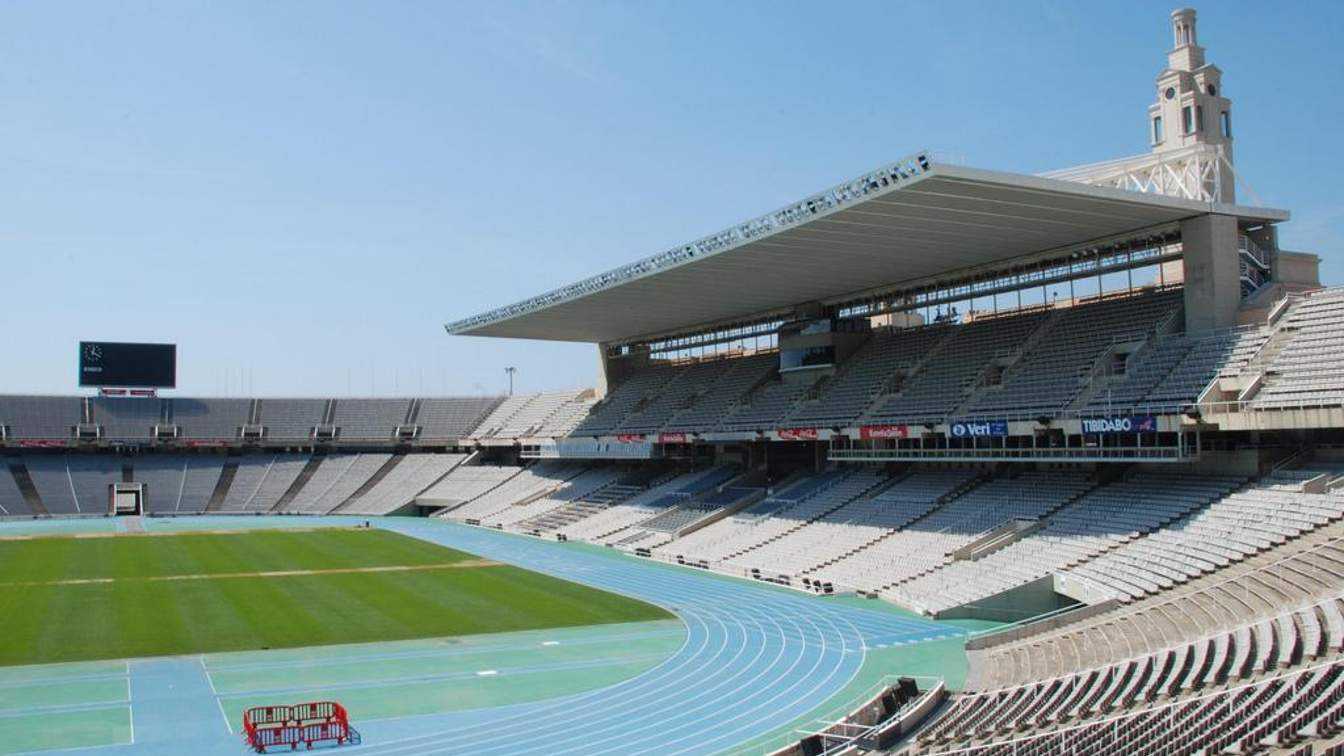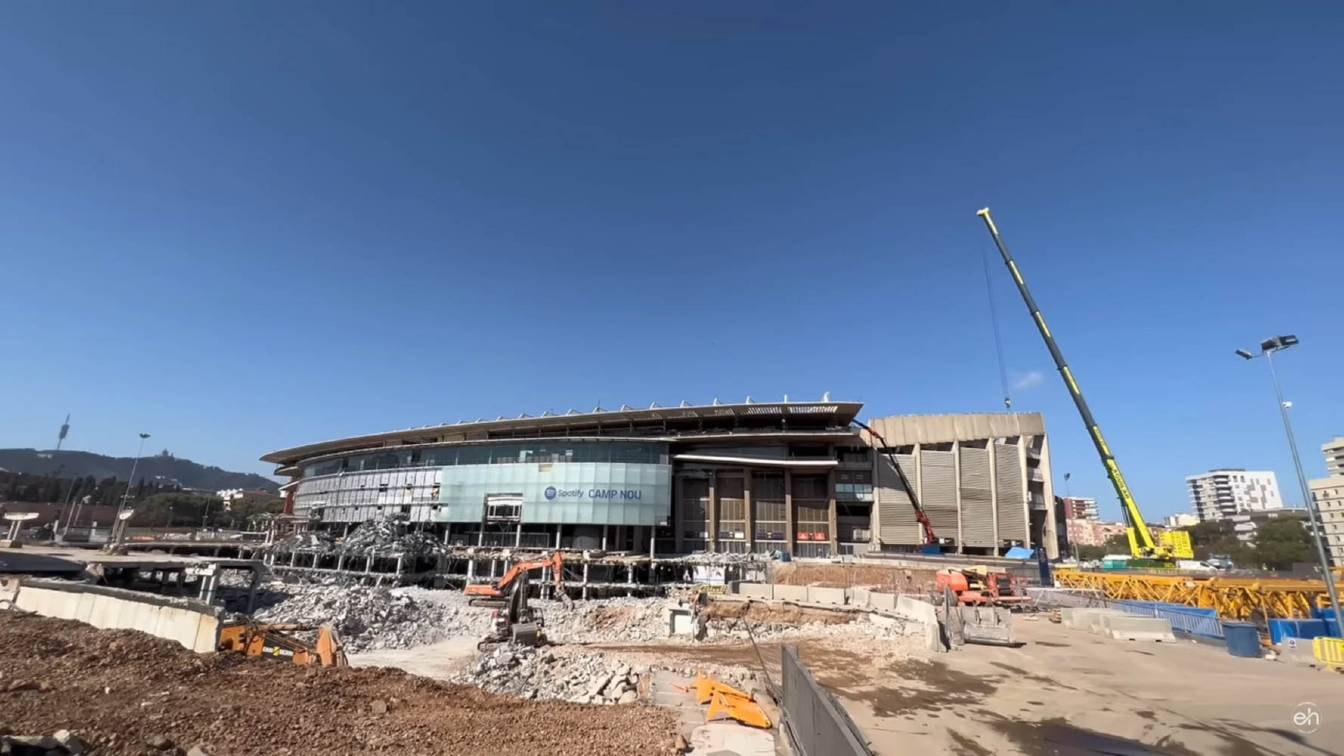Spain: Barcelona’s move to Olympic Stadium impacts ticket sales
source: StadiumDB.com; author: Kuba Kowalski
 As FC Barcelona’s iconic Camp Nou undergoes extensive renovations, the club has temporarily relocated to the Olympic Stadium for the 2023/2024 season. This move appears to have significantly impacted the club's season ticket sales.
As FC Barcelona’s iconic Camp Nou undergoes extensive renovations, the club has temporarily relocated to the Olympic Stadium for the 2023/2024 season. This move appears to have significantly impacted the club's season ticket sales.
Advertisement
A new home, a new challenge
For the first time in decades, FC Barcelona is not playing its home matches at the legendary Camp Nou. Instead, the club has temporarily moved to the Olympic Stadium on Montjuic Hill, which can accommodate around 50,000 spectators. This relocation is a direct result of the ongoing renovations at Camp Nou, aimed at modernizing and expanding this iconic venue. Naturally, this new arrangement has brought challenges – so far, only 17,000 fans have purchased season tickets, placing Barcelona 13th among all La Liga clubs in this regard.
 © Volkanikz (cc: by)
© Volkanikz (cc: by)
The Olympic Stadium, despite its rich history and enduring significance, cannot fully replace Camp Nou. One major drawback of the temporary venue is its location. For many of Barcelona's regular attendees, getting to home matches has become more challenging. The club itself has reported significantly lower season ticket sales than usual, a clear signal that Barcelona is hoping for greater fan engagement.
The financial strain of a temporary move
Moving to the Olympic Stadium is more than just a change of scenery for FC Barcelona; it is a financial challenge. The club is accustomed to the revenue generated by the huge Camp Nou, while the Olympic Stadium’s capacity is nearly half the size. This reduction undoubtedly poses a financial hurdle for the club, especially considering the costs associated with Camp Nou renovation project. Of course, it is likely that the decision-makers in Barcelona anticipated this scenario and prepared for it, but the low sales figures are nonetheless a cause for concern.
Speaking of expenses, it is worth noting that the club had to invest in upgrading the Olympic Stadium to meet La Liga and UEFA requirements. This involved significant work on the pitch, floodlighting, and facilities, generating additional costs during a period of high expenditure and reduced revenue. However, the club views these expenses as a long-term investment, expecting that the money spent now will pay off in the future. Is this a wise strategy? Only time will tell.
Advertisement
 StadiumDB
StadiumDB ©
©